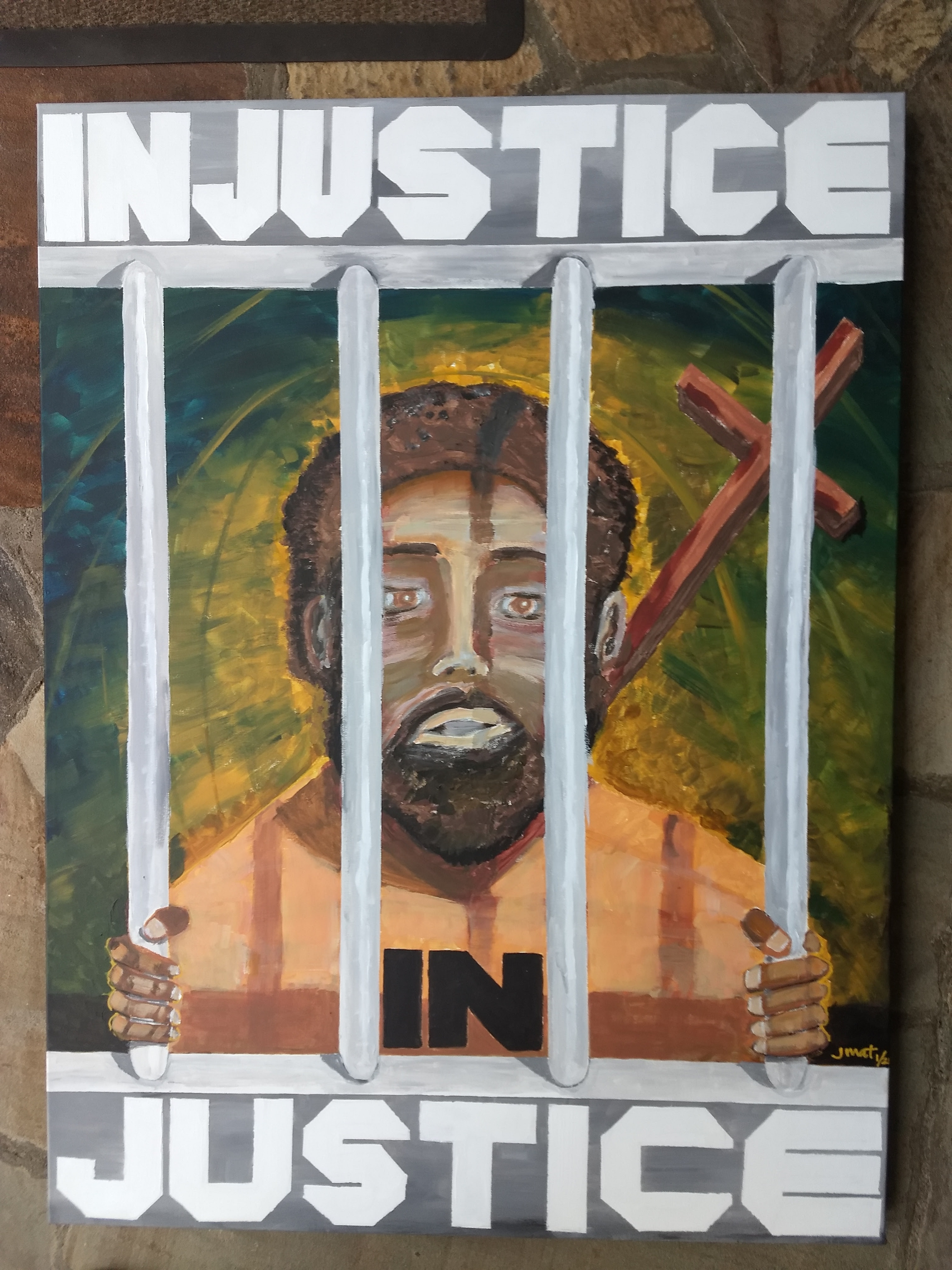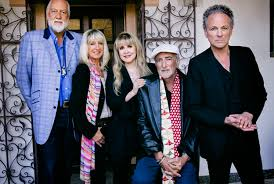Twentieth Sunday in Ordinary Time
“I have come to set the earth on fire” Lk 12:49
Last week Jesus pleaded with us to “not be afraid.”
But the words Jesus speaks today are frightening:
Fire. Division. Families ripped apart. Conflict everywhere.
What’s going on here?
What happened to the lovely Christmas sky filled with angels proclaiming the child Jesus to be the Prince of Peace? What happened to the gentle Jesus who healed the sick, called himself the Good Shepherd, and told us about the ever-forgiving father of the prodigal son?
What happened is this:
In John’s Gospel, on the night before he died, Jesus said: “I will ask the Father and he will give you another Advocate to be with you forever. Yes, this Spirit of truth ….”
That’s the key word: “truth.” Remember “truth.”
Prince of Peace that he is, Jesus would evermore speak “truth” to power because peace cannot be built on a lie. And so, the problem Jesus faced again and again is:
The world doesn’t like hearing the truth.
So, there is no peace, only division.
The “Prince of Peace” title was never meant to imply that Jesus was a harmless softie. Nor to suggest that Jesus was a peacemaker who would never upset the apple cart or never stand up to the lies and deceits found everywhere around him.
Jesus was a truth-teller. And that always comes at a price.
Throughout the gospels, Jesus repeatedly shines the spotlight of truth upon the most disagreeable and disappointing parts of life – the ones we don’t want to talk about: the horrors of violence, and hunger, and poverty, and homelessness, and racism, and greed, and so much else.
That kind of truth-telling didn’t just cause Jesus to be tortured and killed, but it causes serious distress for each of us as well. Most of us don’t like to hear about these things. We don’t want to be confronted with all the divisions and heartaches troubling our world.
We don’t want to think about the cruelty and the deceit and the lack of compassion that has created wars and tortures and left millions of people in a state of misery beyond the scope of our imagining.
We want peace. Not truth.
There’s an old saying that goes like this:
“Whoever speaks the truth will be chased out of villages.”
But when we begin to understand who Jesus really was and what he was all about, we come, however haltingly, to the conclusion that his central passion was to invite us to collaborate with him in bringing about radical change in the way the world works.
Jesus didn’t go through everything he did to bring about a people, a community, a church that doesn’t want to rock the boat, or that doesn’t want to stand up and be counted when the most vulnerable are being harmed, the most innocent are being exploited, and the most damaged are being dismissed as irrelevant.
Rather, Jesus wants us to join him in creating a world in which the struggle of individuals against each other no longer has any reason to exist.
That’s why Jesus says today: “I have come to set the earth on fire.”
Jesus has come to ignite a passion within each of us – a passion that will change the consciences of people and of nations.
So often we picture Jesus as sweet and kind and placid and in no way challenging. And there certainly is a side to him that is filled with love and mercy and tenderness.
But the Jesus we find in the Gospels is also passionate, on fire with dedication to the will of our Father in heaven. Because Jesus knew what his real goal was:
To bring about a conversion in the hearts and minds of people everywhere; to ask each of us to make up our minds about where we stand.
John the Baptist even speaks of Jesus as the one who will baptize with fire and the Holy Spirit – not just water.
In the Old Testament, fire is powerful and dangerous.
A “devouring” fire is used to describe the appearance of the glory of the Lord. It is from a place of fire that Moses speaks. Fire is used to lead the Hebrew people out of Egypt. God is even described as being “a refiner’s fire.”
And so, Jesus becomes, in effect, the handler of divine fire.
Nothing else quite describes the passion, the undying commitment of Jesus to bring about a people who are transformed, made new, and are filled with the very passion of Jesus himself – nothing else does it like the experience of fire.
A famous prayer also reminds us of the power that divine fire can have in our lives – a prayer that many of us know by heart:
“Come, Holy Spirit, fill the hearts of your faithful. Enkindle in us the fire of your love. Send forth your Spirit, and we shall be recreated, and you shall renew the face of the earth.”
Amen!
Ted Wolgamot, Psy.D.
NOTE:
In the conclusion to his brilliant novel entitled The Border, author Don Winslow writes about a character who asks each of us:
“What kind of corruption is there of our collective national soul that makes us (the United States) the world’s greatest consumer of illicit drugs? … What is the pain in the heart of American society that sends us searching for a drug to lessen it, to dampen it?”
He continues:
“The war on drugs has been going on for fifty years …. It is America’s longest war. In the process of waging it, we have spent millions of dollars, put millions of people, most of them black, brown and poor, behind bars – the largest prison population in the world …. Because drugs are illegal, we send sixty billion dollars a year (!!!) to the violent sociopaths of the cartels, money that bribes police and politicians and buys the guns that have killed hundreds of thousands of people with no end in sight. (underlining mine)
We have waged this war for fifty years, and after all those years, all that money, all that suffering, what is the result? …. Drugs are more plentiful, more powerful and more available than ever. Fatal drug overdoses are at a record high – we now lose more people to overdoses than to car accidents or gun violence. We need to spend our time, money and effort on addressing the root causes of drug abuse.”
“I have come to set the earth on fire.”







